“Usability’s strength is in identifying problems, while design’s strength is in identifying solutions.”-Alan Cooper, Father of Visual BasicEnterprises no longer prefer commercial off-the-shelf (COTS) solutions but thrive on custom-built applications. The goal is to drive significant growth, promise higher quality, and quickly go live. For many organizations, managing complex applications—often a blend of legacy systems, digital solutions, and SaaS platforms—takes up significant IT resources and hinders their growth potential. Hence, the quest for efficiency and innovation often begins with understanding the unique challenges that organizations face.A dynamic interplay between usability and design is essential for effective enterprise app development. However, with rapid disruptive business models at the foray, identifying the specific problems users face within an organization is vital to designing intuitive, high-performance applications. These apps are positioned to streamline operations, enhance productivity, and, ultimately, drive organizational growth.With speed and agility in sight, many organizations are transforming their legacy software into enterprise-specific mobile app solutions. Enterprise mobile app development services are a suitable approach to solving the growing problems of a large corporation.
Benefits of Enterprise Mobile App Development
Enterprise apps refer to scalable and secure applications that meet the complex needs of large organizations. Tailored for enterprise-level performance, they support critical functions, offering benefits such as:
- Provide a direct channel for engaging with customers.
- Real-time access to critical business data and analytics.
- Seamless communication and collaboration.
- Automating routine tasks.
- Simplifying complex processes.
- Provide businesses with a competitive edge.
- Scalability and flexibility.
These apps integrate with existing systems to enhance productivity and drive strategic growth.
Real-world Example of Successful Enterprise App Development
Let’s understand from a real-life example…Walmart— one of the largest retail chains in the world! It faced significant challenges in managing its supply chain and inventory across the vast network of stores. This is because the existing systems were insufficient for real-time inventory management and predictive analytics.As a result, it developed and implemented a Retail Link platform, an advanced enterprise app that integrates with its supply chain management and inventory systems, which offers the following functions:
- Real-time data analytics
- Predictive insights
- Streamlined supply chain operations
This development of an enterprise-grade supply chain management system helped Walmart in gaining the following outcomes:
- Retail Link allowed Walmart to manage inventory levels better, reducing stockouts and overstock situations.
- The platform optimized supply chain processes, leading to cost savings and faster restocking of shelves.
- Real-time analytics enabled more informed decision-making, enhancing overall operational efficiency.
Enterprise App Development Mitigating Large-scale Organizational Challenges
With enterprise app development services, you can tackle the three key challenges of the IT landscape:
Agility
Agility refers to getting products to market quickly and having shorter release cycles. Companies need to create and deploy solutions faster to stay competitive. Gartner reports that 32% of businesses want weekly releases, but 48% find IT too slow. For the 28% of companies needing monthly releases, 75% say IT isn’t quick enough.
Scalability
Scalability means handling more or fewer users and workloads as needed. With old systems, performance often suffers, and it's hard to add or remove servers to keep things running smoothly.
Integration
Integration is about how well apps connect with other systems. Customers want the same experience on all platforms. To meet this need, companies must work closely with developers to improve integration.
Types of Enterprise-grade Applications
Types of Enterprise AppsKey FeaturesDefinitionBenefitsCustomer Relationship Management Systems
- Contact Management
- Sales Tracking
- Marketing Automation
- Customer Service and Support
- Analytics and Reporting
Help enterprises manage their interactions with current and potential customers.
- Improved Customer Satisfaction
- Increased Sales
- Enhanced Marketing Effectiveness
Supply Chain Management Systems
- Inventory management
- Order Processing
- Logistics and Transportation Management
- Supplier Relationship Management
- Demand Forecasting
Optimize the flow of goods, information, and finances across the entire supply chain.
- Reduced Costs
- Improved Efficiency
- Better Supplier Relationships
Enterprise Resource Planning Systems
- Financial Management
- Human Resources
- Manufacturing
- Supply Chain
- Procurement
- Project Management
Various enterprise processes can be integrated into a single unified system.
- Streamlined Operations
- Better Decision-making
- Reduced Operational Costs
Human Resource Management Systems
- Employee Information Management
- Recruitment and Onboarding
- Payroll and Benefits Administration
- Performance Management
- Training and Development
Automate and manage various HR functions and help enterprises handle their workforce effectively.
- Improved Employee Management
- Enhanced Compliance
- Increased HR Efficiency
Business Intelligence and Analytics Platforms
- Data Warehousing
- Data Mining
- Reporting and Dashboards
- Predictive Analytics
- Real-time Analytics
Tools for collecting, analyzing, and visualizing data
- Better Decision-making
- Improved Operational Efficiency
- Enhanced Strategic Planning
Content Management Systems
- Content Creation and Editing
- Workflow Management
- Digital Asset Management
- Version Control
- SEO Tools
Enable businesses to create, manage, and publish digital content
- Streamlined Content Management
- Improved Collaboration
- Enhanced Digital Presence
Customer Support and Help Desk Systems
- Ticketing System
- Knowledge Base
- Live Chat
- Automated Responses
- Customer Feedback
Managing customer support inquiries, tracking issues, and ensuring timely resolution
- Improved Customer Support
- Faster Issue Resolution
- Increased Customer Loyalty
Data Management and Integration Platforms
- Data Integration
- Data Quality Management
- Data Governance
- Master Data Management
- Data Security
Ensure data accuracy, consistency, and accessibility to help organizations make informed decisions.
- Enhanced Data Accuracy
- Improved Data Accessibility
- Better Data-driven Decisions
Key Advancements to Integrate Within Enterprise Apps
Enterprise-level applications are the backbone of large-scale businesses. Continuous improvement, digital transformation, and introduction to advanced features or modules are the keys to their wide adoption and competitiveness. Henceforth, enterprise app development also includes developing, integrating, and promoting advanced features and functionalities. Moreover, the introduction or launch of key advancements or features simplifies day-to-day operations and helps businesses meet scalability requirements and stay ahead of the competition. Let’s explore below the key advancements every large-scale business should consider while adopting or introducing their enterprise solutions.
Robust Cloud Storage and Computing Solutions
As we have already discussed, modern enterprise app solutions require storing and processing huge volumes of data faster. Therefore, cloud computing services are required to meet changing demands, ensuring optimal performance without significant upfront investments.
AI-Driven Process Automation
Automate repetitive tasks and workflows by integrating AI technologies. It enables applications to learn from data, predict outcomes, and make intelligent decisions.
Highly Customizable Executive Dashboards
With custom enterprise mobile app development, you can allow users to personalize dashboards to display KPIs, trend analyses, and other critical metrics relevant to their roles.
Regular Update and Support Framework
Provide regular updates and a support framework to ensure that applications are equipped with the latest features, security patches, and improvements, protecting them from vulnerabilities and enhancing user experience.
Personalized Content Recommendation Systems
Using algorithms that analyze user data, you can ensure mobile app development for enterprises to suggest products, services, articles, or other content that aligns with the user's interests.
Generative AI-powered Chatbots
Chatbots integrated with Generative AI technology transform customer service and internal support by providing instant, accurate, and context-aware responses.
Real-Time Analytics and Predictive Modeling
Real-time analytics provide immediate insights into ongoing operations, allowing businesses to respond swiftly to emerging trends and issues.
Step-by-Step Enterprise Mobile App Development Process
Planning and Requirement Analysis
- Begin with an analysis of business needs
- Identify stakeholder requirements
- Define KPIs to ensure alignment with organizational goals
- Establish a clear roadmap for development
Technology Stack Selection and Architecture Design
- Select an appropriate technology stack
- Focus on scalability and performance
- Design a robust architecture
- Ensure seamless integration with existing systems
- Support technological advancements
UI/UX Design and Prototyping
- Create intuitive and user-friendly interfaces
- Design interactive prototypes
- Visualize the final product
- Allow for early stakeholder feedback and adjustments
- Enhance the overall user experience
Agile Development and Quality Assurance
- Implement Agile methodologies
- Follow iterative and incremental development
- Promote continuous collaboration and feedback
- Employ rigorous quality assurance practices
- Ensure high performance and reliability standards
Deployment and Change Management
- Execute a seamless deployment strategy
- Minimize disruptions
- Develop a change management plan
- Ensure smooth transitions and high user adoption rates
Ongoing Support and Continuous Improvement
- Provide ongoing support and maintenance
- Ensure the application remains up-to-date and functional
- Continuously improve the application
- Incorporate user feedback
- Leverage new technologies
- Enhance features and performance
What is the Cost of Enterprise App Development?
Understand the various factors influencing the cost of mobile app development for enterprise that help businesses make informed decisions. While the initial investment may be large, the long-term benefits in terms of productivity and efficiency are significant, too. Partnering with an experienced enterprise mobile app development agency and using advanced technologies can maximize the value of enterprise applications, driving growth and enhancing productivity in the digital age.Many different factors affect the enterprise mobile app development cost. Considering those factors, a basic application can cost anywhere from $80,000 to $120,000 to develop. However, this cost may extend to $300,000 as the application complexity increases.
Scope and Complexity
More complex applications that handle multiple processes or integrate with various systems require more development time and resources. Features like advanced analytics, machine learning, and real-time data processing add to this complexity.
Customization and Scalability
Customizing solutions to specific business needs is more expensive than off-the-shelf software. Additionally, scalable applications that grow with the business and require a robust architecture increase development costs.
Technology Stack
The choice of the technology stack is a significant cost driver, such as:
- Programming languages
- Development frameworks
- Third-party integrations
Utilizing advanced technologies such as cloud computing and artificial intelligence can enhance functionality but also raise costs.
Development Team Expertise
The expertise of the development team and geographical location are critical factors in determining the enterprise app development cost. This is because developers in regions with higher living costs demand higher fees.
Project Management and Agile Methodologies
Implementing effective project management and agile methodologies can enhance collaboration and adaptability but also add to the overall cost.
Security and Compliance
Ensuring the security and compliance of enterprise applications is vital. Developing secure applications that meet industry standards and regulations involves significant effort and expense.
Maintenance and Support
The cost of enterprise app development does not end at launch. Ongoing maintenance and support are crucial for keeping the application functional and secure.
Time to Market
The timeline for developing and deploying an enterprise application affects costs. Balancing speed with quality is essential to manage these costs effectively.
Conclusion
With a comprehensive understanding of custom enterprise mobile app development, its benefits, costs, and features, you can go about with the project discovery and development seamlessly. This will help you bring exponential value to your clients with a commitment to excellence. Successive Digital is a transformational digital transformation company offering custom enterprise app development services. With our decade of experience, we strive to deliver solutions that exceed expectations, driving business growth and success.
.avif)
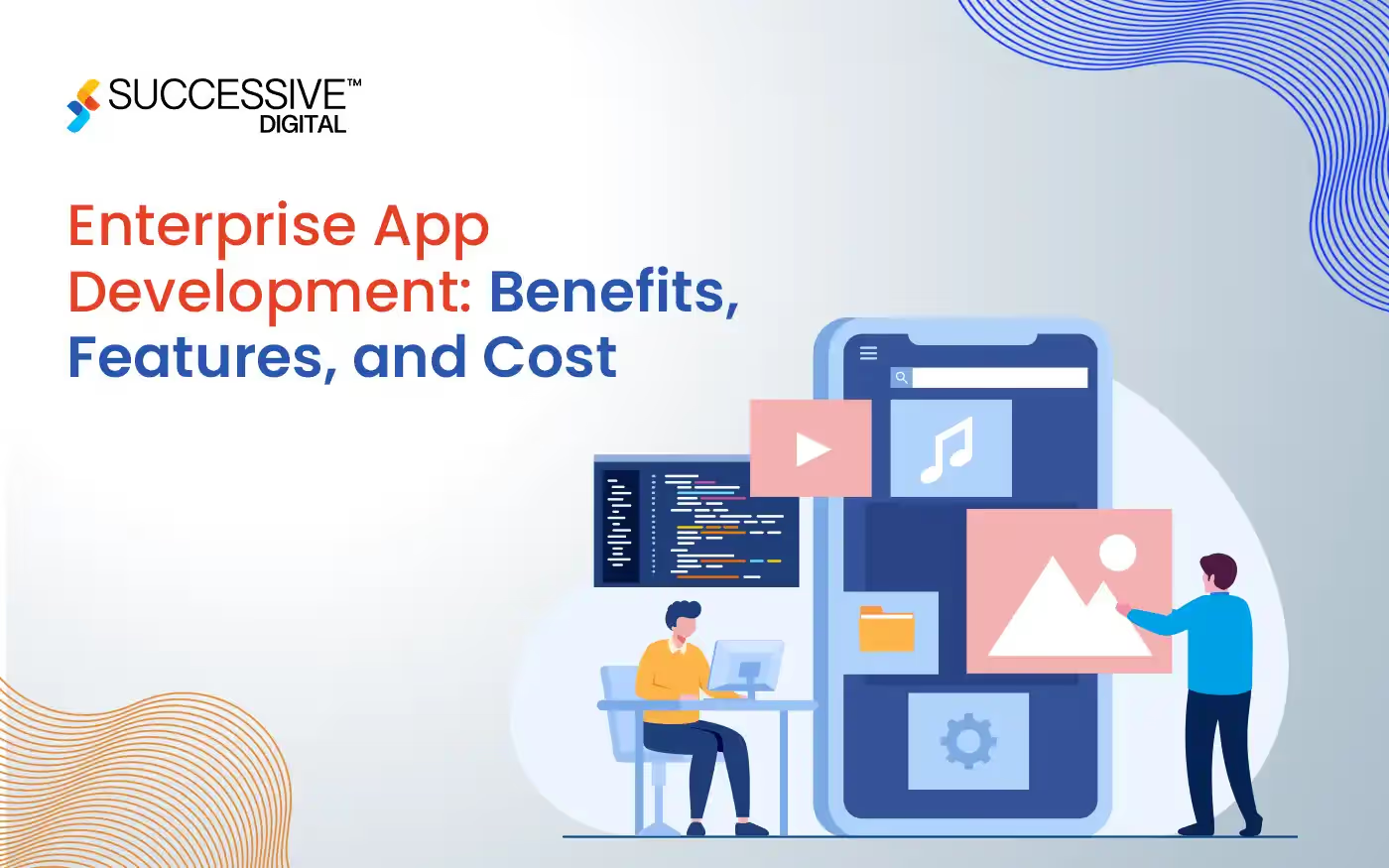


.avif)
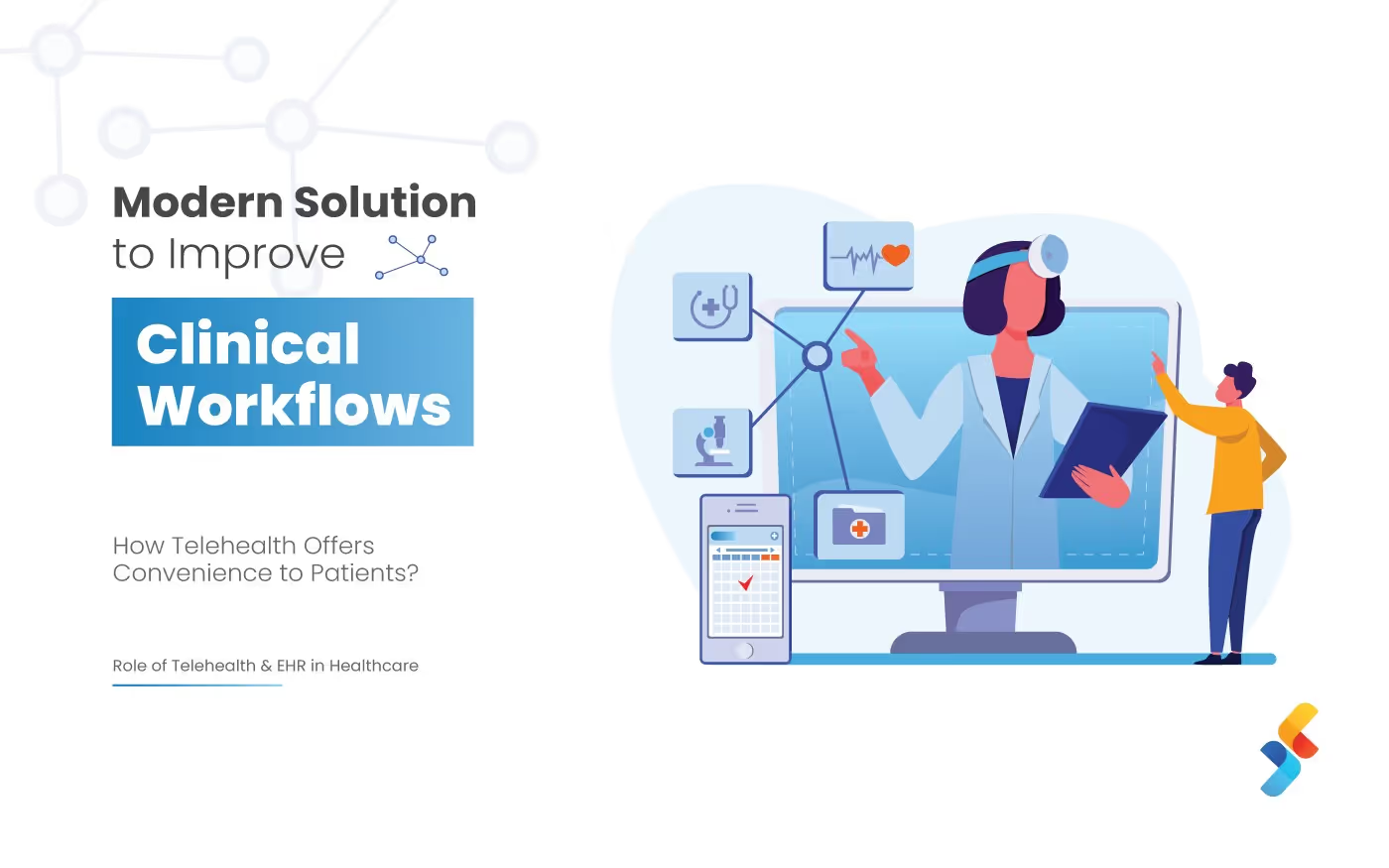
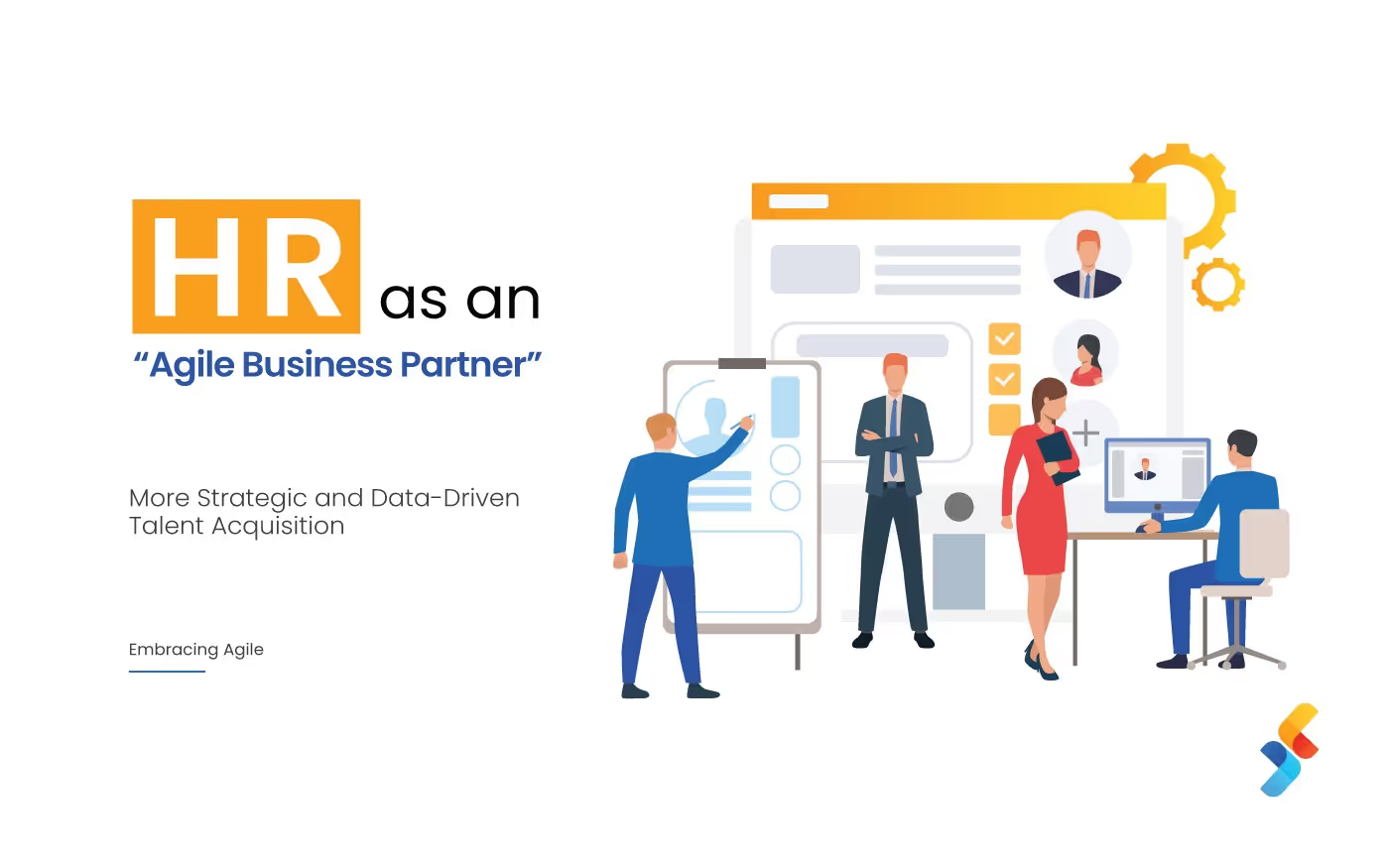
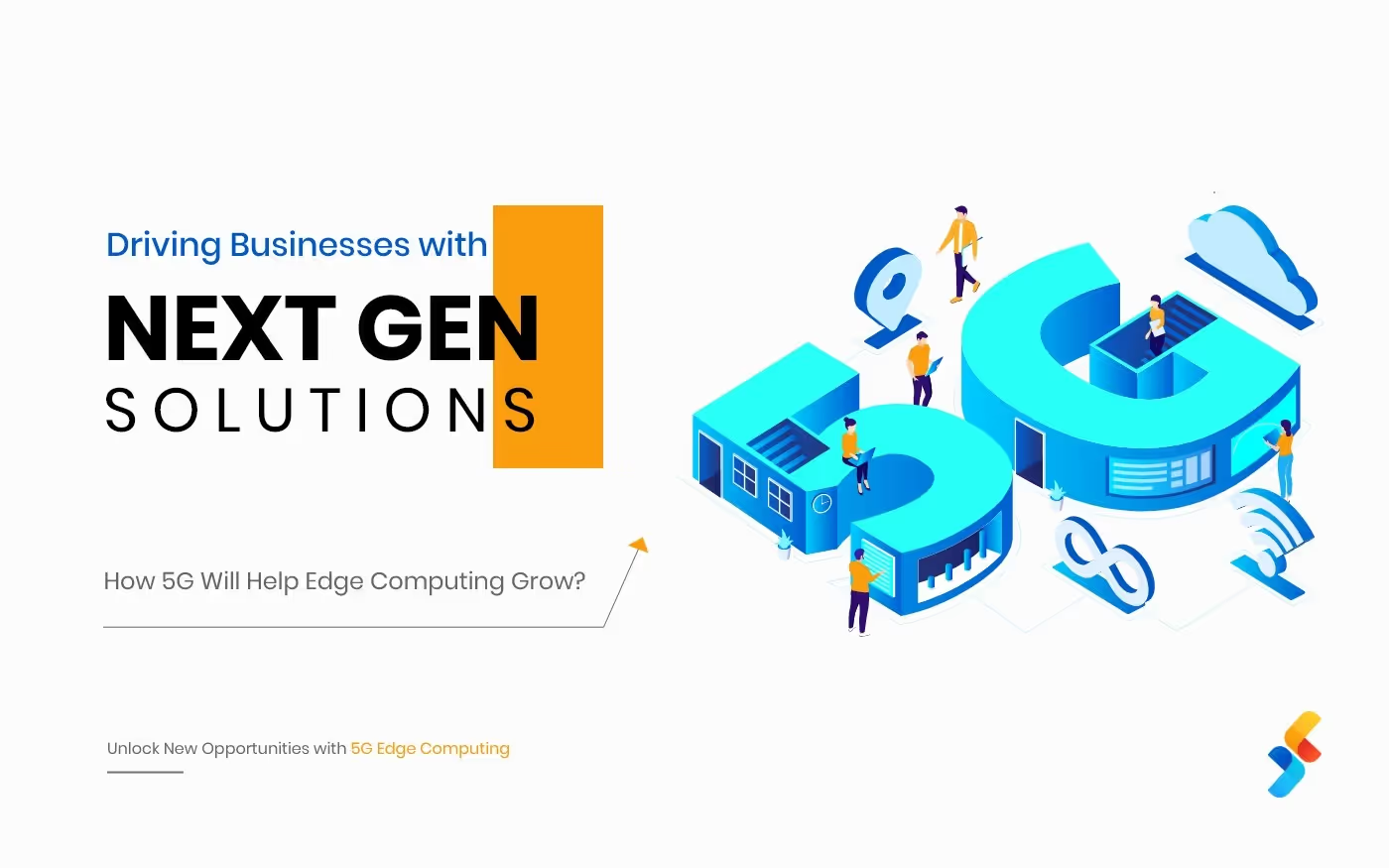
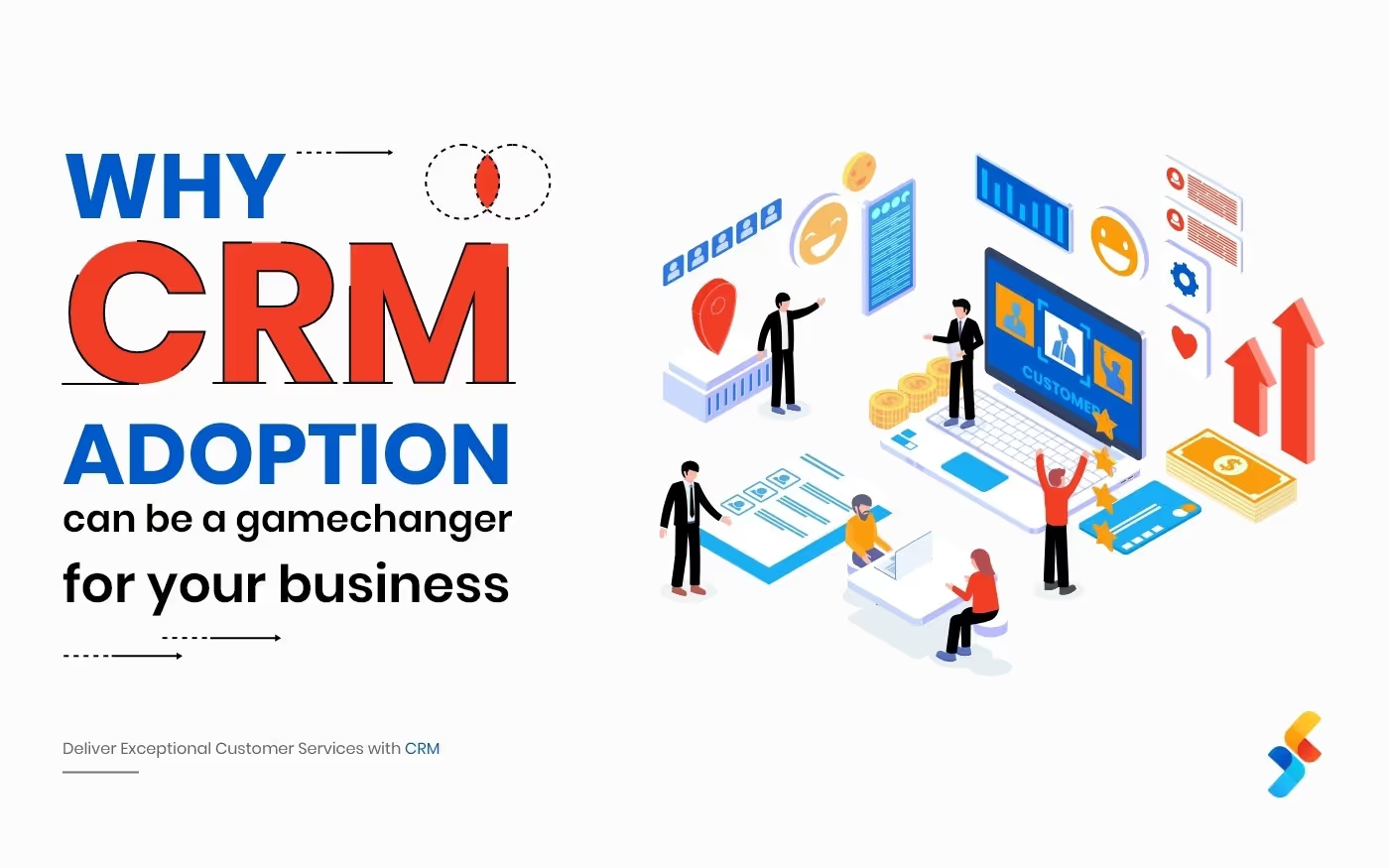


.jpg)









